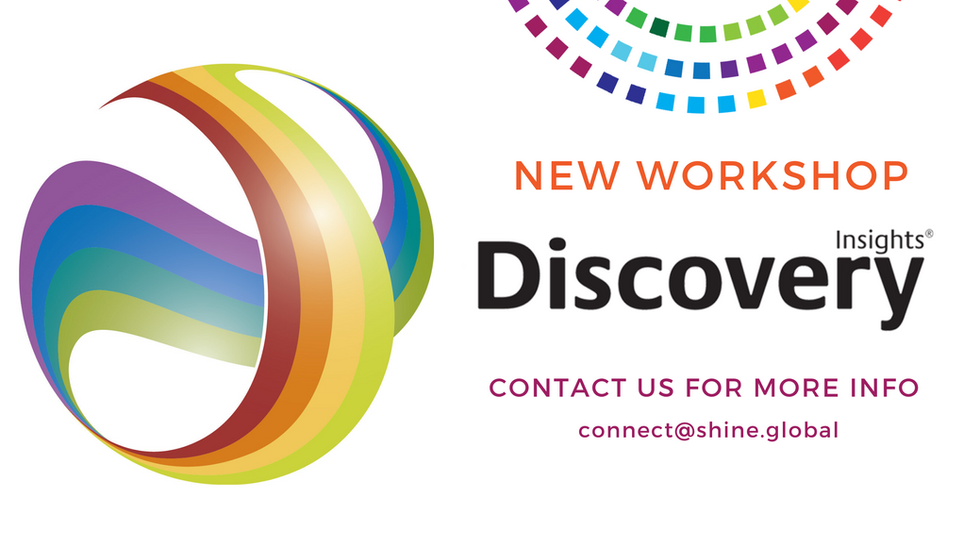Commitment In The Face Of The Corona Pandemic
- SHINE
- Mar 19, 2020
- 3 min read
Updated: Mar 22, 2020

The whole world is currently running scared, looking for a way out of the mess that the current pandemic i.e. the Corona virus, has brought. The entire world is, for once, fighting a common enemy, the scourge of Covid 19. Everyone seems to agree that a solution needs to be found and rapidly. Many countries, especially the ones with big economies, have committed expertise and money to finding a solution and find it fast. This commitment is also replicated in organisations who are not only doing all they can to get as much information on the pandemic as possible, but are also making resources available for governments to access. No one can say that there haven’t been attempts made to give out as much information as possible when things happen. As a result, those of us with access to technology, know not only the impact of this virus, but can probably hold medical conversations about it quite comfortably.

However, even with all this information available to us and the efforts made there is still a growing sense of panic. Stores are reporting shortages of sanitisers and medical supplies, food, water and other essentials due to people stocking up. In some there is a growing sense of impending doom. Despite all the technical and medical knowledge we are acquiring, there are even more questions being raised. This pandemic presents us with a challenge that requires collective action and commitment.
So what is it that we should commit to and what should our commitment really look like?
The oxford dictionary defines commitment as the ‘willingness to give your time and energy to a job, activity or something that you believe in.’
Our commitment should be seen at three levels;
individual, social and corporate.

At an individual level we need to commit to behaviours which will not only prevent further infections but will slow down the rate of infections in general. We need to take responsibility for our own well being and educate ourselves on how to avoid infections and what to do should we get exposed. We need to work on our own health and continually strengthen the immune system.
At a social level we need to commit to being ambassadors of the fight against this virus. We need to be more proactive in not only acquiring relevant information but also sharing it with those around us. We need to protect others instead of seeking to be protected by others. If we all adopt an attitude of looking out for each other then we can be more careful in our actions. Professor Graham Medley (Professor of Infectious Disease Modelling at the London School of Hygiene and Tropical Medicine) advises that we need to act as if we already have the virus and worry more about spreading it than getting it.

Fortunately at a corporate level they can follow in the government's footsteps and take decisive actions. Before the virus hit South Africa there were already discussions about how to deal with it. Employees expect the same from their corporate employers. Organisations need to show that they are a few steps ahead and commit to fast action.
People are looking up to institutions to not only be trusted sources of information but also beacons of hope. They need to see that organisations are not only concerned about the financial ramifications of this pandemic but the social impact as well. Organisations need to create safe spaces where people can open up if they suspect they have been exposed and commit to treating them with the requisite level of dignity should they be found to be infected.
What we need is clear commitment at all levels;
individual, social and corporate.
In that way not only can we safeguard the desired outcomes but we can also take comfort in the integrity of the commitments made and the processes followed.
Join our upcoming trainings
Let's get social!









Comments